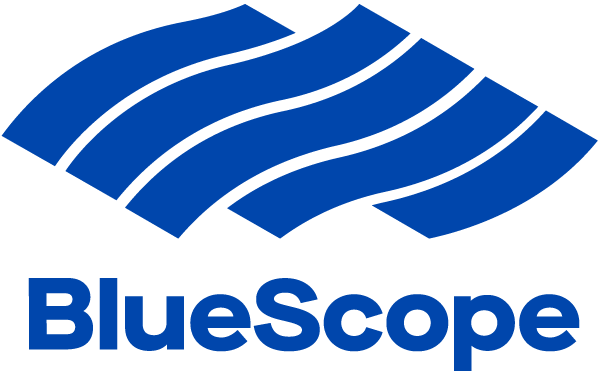
AI Governance reviews
Enhancing Processes and Frameworks for Future-Ready Accountability
We review your existing governance processes and accountability frameworks in light of emerging best practices for AI governance, and provide a roadmap for improvement.
- Compliance AssuranceStay ahead of regulatory requirements and avoid costly non-compliance penalties.
- Ethical IntegrityFoster trust and credibility by ensuring your AI systems adhere to ethical guidelines.
- Risk MitigationIdentify and address potential ethical and legal risks in your AI operations.
Manage third party AI risk
Empowering Procurement with Comprehensive Assessment Checklists
We offer checklists to help Procurement teams assess the value or risk of third-party AI products and determine if they meet enterprise AI policies and external requirements.


AI GRC software
AI Governance Risk & Compliance (GRC) software
Red Marble AI has partnered with 2021.AI to provide enterprise-wide AI model visibility and automated legal compliance/risk assessments using 2021.AI’s GRACE platform.
GRACE is a comprehensive AI governance solution designed to enable organizations to comply with the evolving AI regulations globally and to manage AI risk. Contact us if you would like a demonstration of the GRACE platform.
- Compliance AssuranceStay ahead of regulatory requirements and avoid costly non-compliance penalties.
- Ethical IntegrityFoster trust and credibility by ensuring your AI systems adhere to ethical guidelines.
- Risk MitigationIdentify and address potential ethical and legal risks in your AI operations.
We partner with companies since xx
Vitae rhoncus libero pulvinar diam dui. Condimentum orci diam praesent nulla egestas quis. Odio blandit integer curabitur cras euismod lectus.
“Eu elit in mauris nisi ac aliquet integer gravida molestie massa praesent lorem ipsum dolor sit amet.”
“Eu elit in mauris nisi ac aliquet integer gravida molestie massa praesent lorem ipsum dolor sit amet.”
“Eu elit in mauris nisi ac aliquet integer gravida molestie massa praesent lorem ipsum dolor sit amet.”
“Eu elit in mauris nisi ac aliquet integer gravida molestie massa praesent lorem ipsum dolor sit amet.”
“Eu elit in mauris nisi ac aliquet integer gravida molestie massa praesent lorem ipsum dolor sit amet.”
“Eu elit in mauris nisi ac aliquet integer gravida molestie massa praesent lorem ipsum dolor sit amet.”






